
Warning Signs of a B12 Deficiency:
B12 deficiency is one of the most common and overlooked conditions in the world. Vitamin B12 is involved in the metabolism of every cell of the body. It is crucial for processes such as DNA synthesis and energy production (1). B12 deficiencies are a hidden epidemic in our society. Boost your energy and mental clarity with high quality sources of Vitamin B12.
Vitamin B12 is very critical for neurological, cardiovascular, digestive, & immunological function (2). Together, B12 and folate reduce the metabolic end-product homocysteine (3). This pathway is responsible for the body’s entire sulfur-based detoxification system.
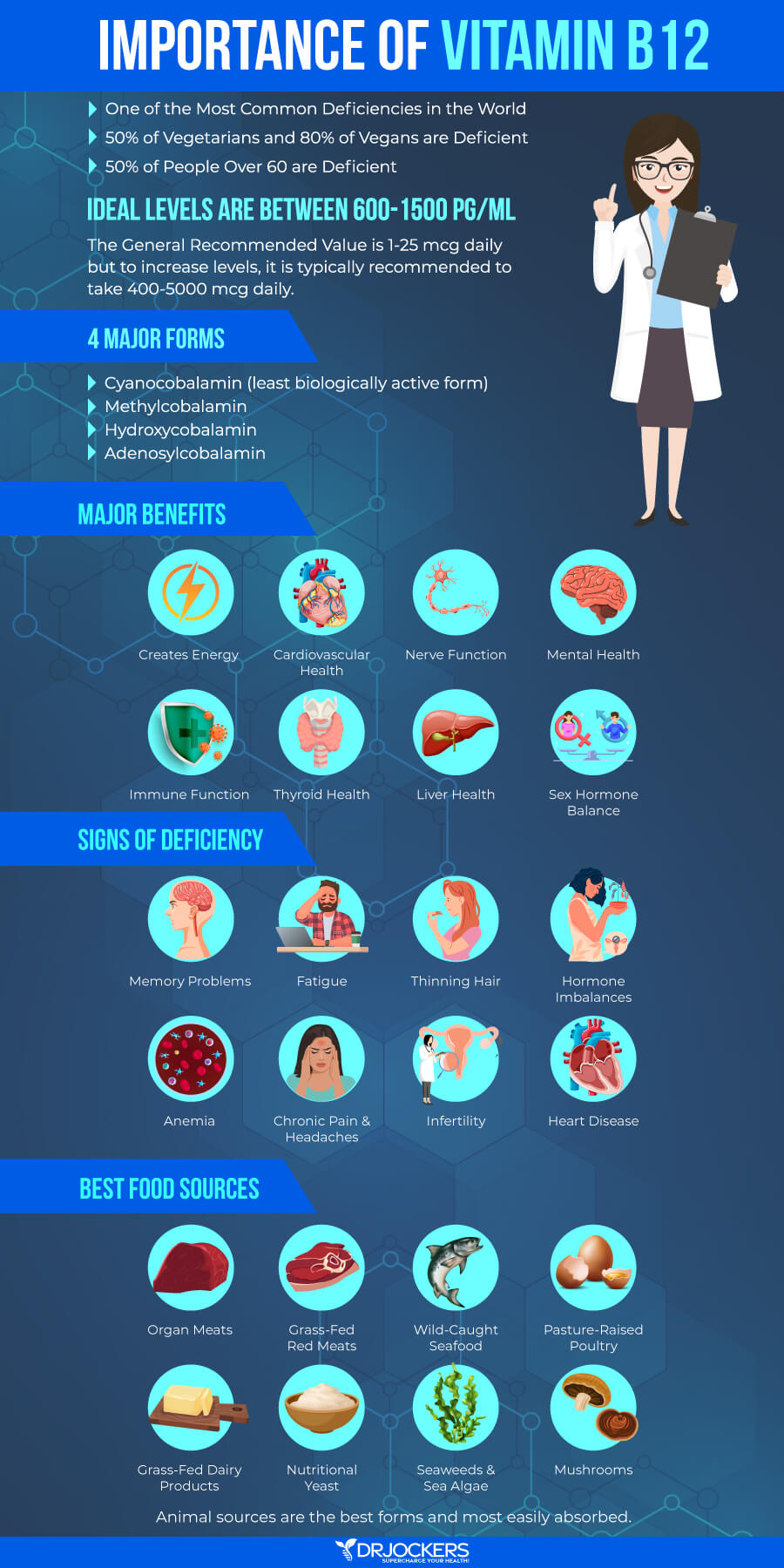
Vitamin B12 Deficiency:
Many researchers believe that the standard American tests that measure serum B12 levels are far too low. In America, B12 deficiency is evidenced as a serum level below 200 pg/ml (145 pM). In Japan, a deficiency is found in levels under 550 pg/ml (400pM). Most B12 researchers and advanced functional nutritionists agree with the Japanese model.
Research done through Tufts University Framingham Offspring Study has suggested that 40% of people between the ages of 26 and 83 have low-normal plasma B12 levels. They found that 9% had an outright deficiency and 16% exhibited a “near deficiency.” Many of these individuals were suffering from neurological symptoms (4).
B12 deficiency is present in close to 50% of people over 60 years of age. It’s entirely possible that at least some of the symptoms we attribute to “normal” aging – such as memory loss, cognitive decline, decreased mobility, etc. – are at least in part caused by B12 deficiency. Here are some of the major causes of B12 deficiencies.
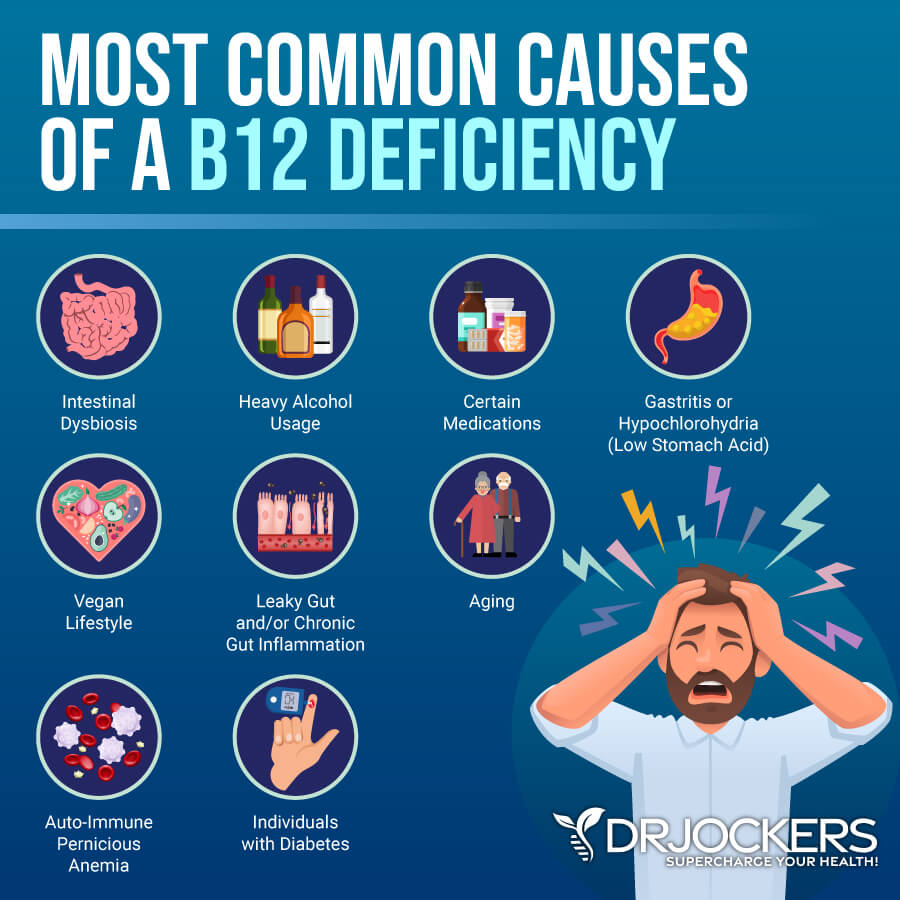
Causes of B12 Deficiency:
The absorption, assimilation, and methylation of B12 is a very complex process and there are many factors that reduce our bodies’ ability. For this reason, even those who consume sufficient amounts of vitamin B12 in their diets could still have a functional B12 deficiency. Some causes of B12 deficiency are:
- Pernicious Anemia
- Autoimmune Diseases
- Leaky Gut Syndrome
- Ulcerative Colitis, Crohn’s and Celiac Disease
- Small Intestinal Bacterial Overgrowth (SIBO)
- H Pylori Infection
- Prolonged Usage of Gastric Reflux meds
- Vegan and Vegetarian diets
- MTHFR gene mutations
- Bariatric Surgeries
- Excessive Alcohol Consumption
B12 and the Methylation Cycle:
Methylation is a critical process that happens trillions of times in every cell each minute. It is one of the most essential metabolic functions of the body and is dependent upon a variety of enzymes. Adapting to stress and the challenges of life is an aspect that methylation provides the body.
Without adequate methylation processes the individual cannot adapt or heal effectively and will suffer the delirious effects of accelerated aging (5). Normal methylation cycles absolutely depend upon adequate levels of vitamin B12 as well as other key nutrients such as folate, riboflavin, B6, niacin, magnesium, and zinc.
With normal amounts of folate and B12, the body is able to convert homocysteine into glutathione and SAMe (S-adenosylmethionine). Folate and B12 deficiencies cause the body to produce less glutathione and elevate unmetabolized homocysteine (6). This is a red flag warning sign of elevated inflammation and tissue degeneration.
Individuals with gene mutations such as MTHFR or MTRR have trouble with the process of methylating B12. These individuals often need larger doses of B12 to fulfill the important roles B12 has in human physiology.

Vitamin B12 Deficiency & Chronic Disease
Vitamin B12 deficiencies are associated with chronic diseases. B12 deficiencies lead to high homocysteine which is a strong risk factor in cardiovascular disease and Alzheimer’s disease. Mood disorders such as depression and bipolar are very much associated with B12 deficiencies (7, 8).
Researchers found that a diet deficient in folate, B12, & B6 caused cognitive dysfunction and a significant reduction in the length & density of brain capillaries (9, 10). This increases neurodegenerative conditions in the body leading to dementia and often times peripheral neuropathy.
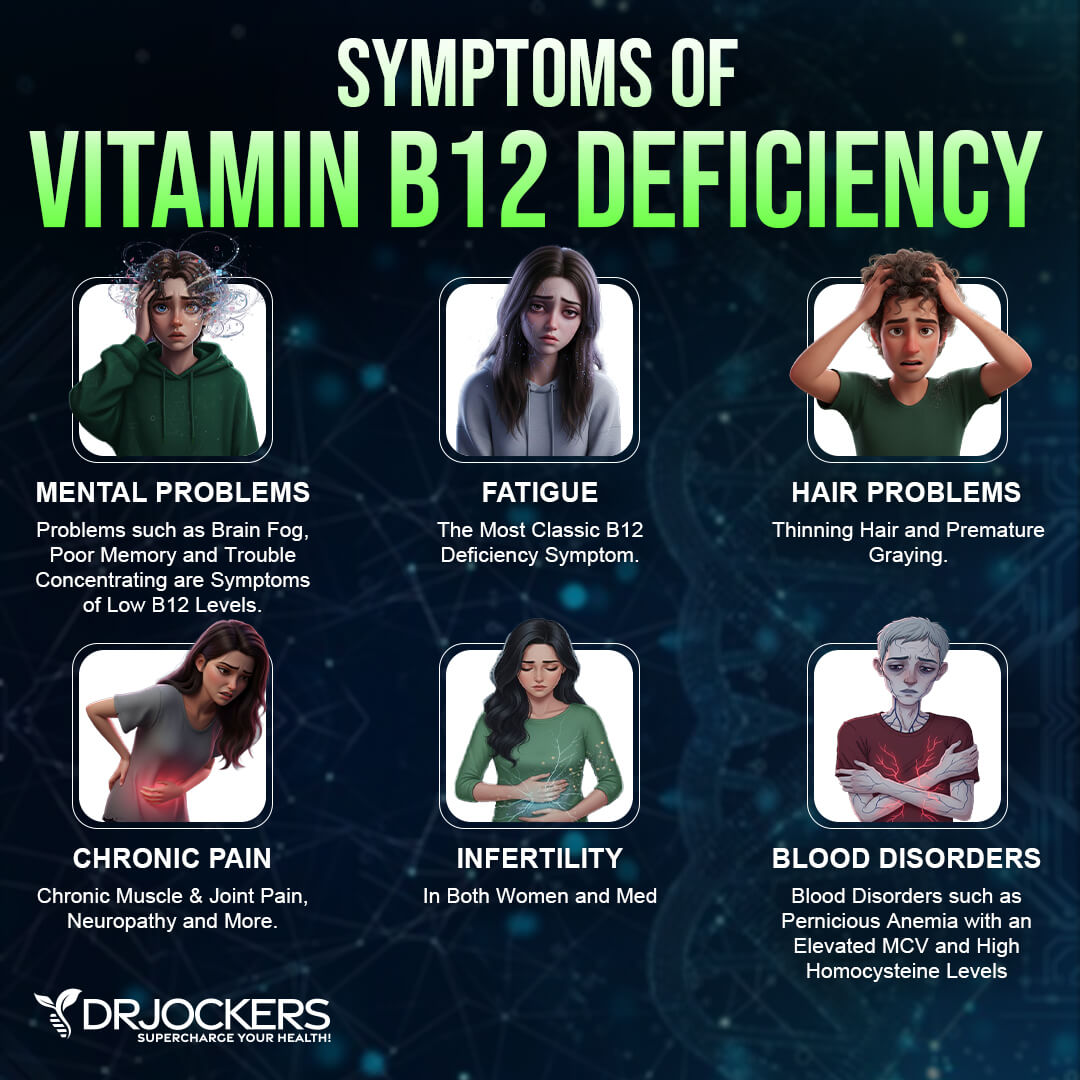
Vitamin B12 Deficiencies and Medications
About 10% of the population appears to have normal serum B12, however, their bioavailable B12 is reduced. The telling sign of this is elevated homocysteine and methylmalonic acid despite normal folic acid, B6, & B12 levels (11).
Vitamin B12 deficiencies are common in people who have used medications for a period of time. The medications most commonly associated with B12 deficiencies include metformin (diabetes), antacids, anti-ulcers, blood pressure, cholesterol meds, and birth control pills (12, 13). If you have ever taken any of these medications it is imperative to check your B12 levels and supplement if necessary.
Vegans are At Risk for B12 Deficiencies:
One population group that is especially vulnerable to B12 deficiencies is strict vegans. The most bioavailable form of B12 is found in animal products. Many vegans use blue-green algae as a form of B12. The algae forms are called pseudo–B12 because they are active in tests but do not have the same human biological activity (14, 15).
The best sources of B12 are found in organic meat and eggs. Be sure to find humanely raised, grass-fed sources of these meat products. Organ meats such as liver and heart are the richest source of bioavailable B12 (16).
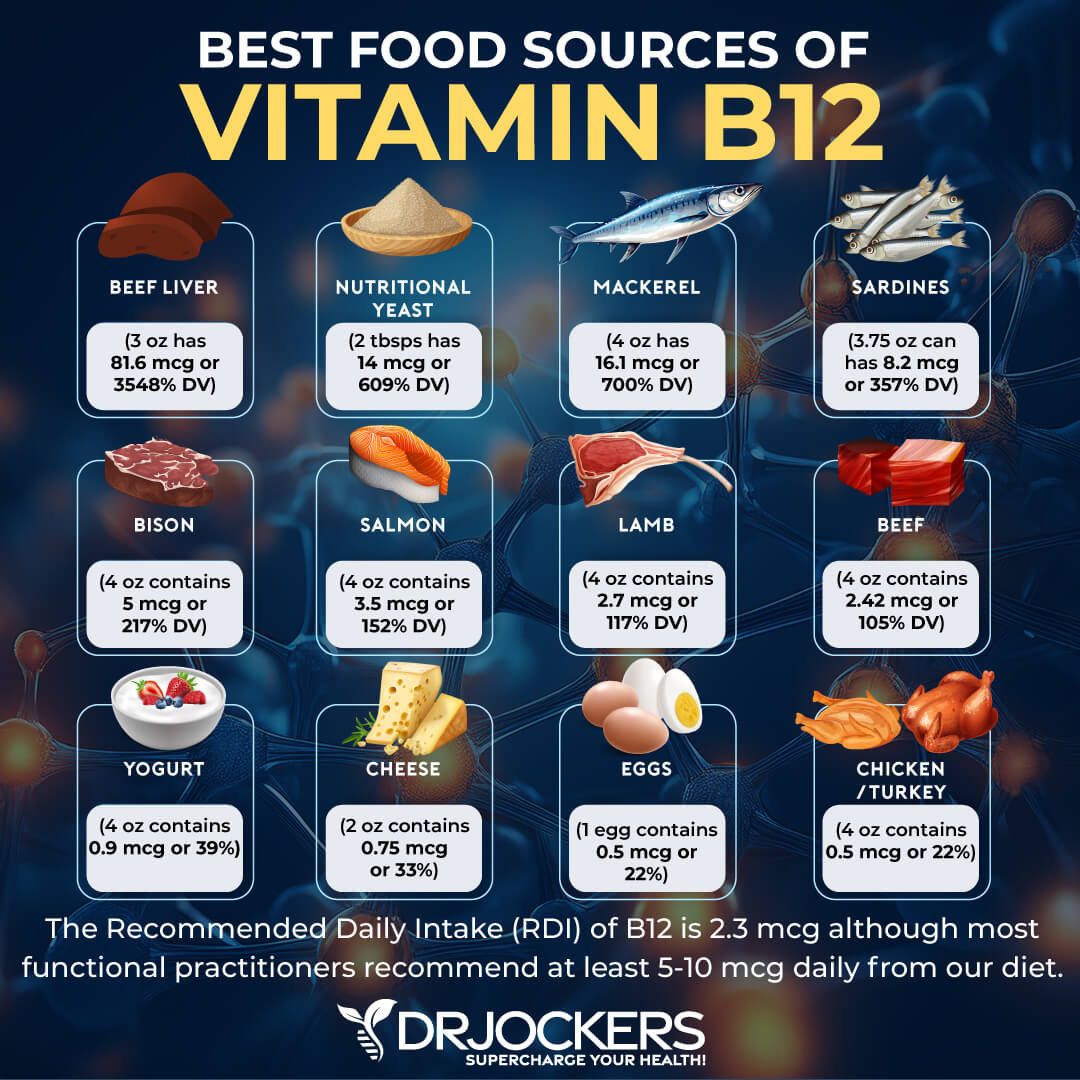
Intrinsic Factor and B12 Absorption:
Vitamin B12 is a very large molecule compared to other vitamins and requires an enzyme called intrinsic factor to metabolize effectively. High stress, infections, antacids, and other medications deplete intrinsic factors. Without adequate intrinsic factors, the body cannot effectively metabolize B12 and deficiencies will occur over time.
The stomach must also be able to produce enough stomach acid for optimal B12 absorption. It is estimated that 30% of Americans over the age of 50 and 70% over the age of 70 do not produce enough stomach acid and intrinsic factors and are currently dealing with some level of B12 deficiency (17).
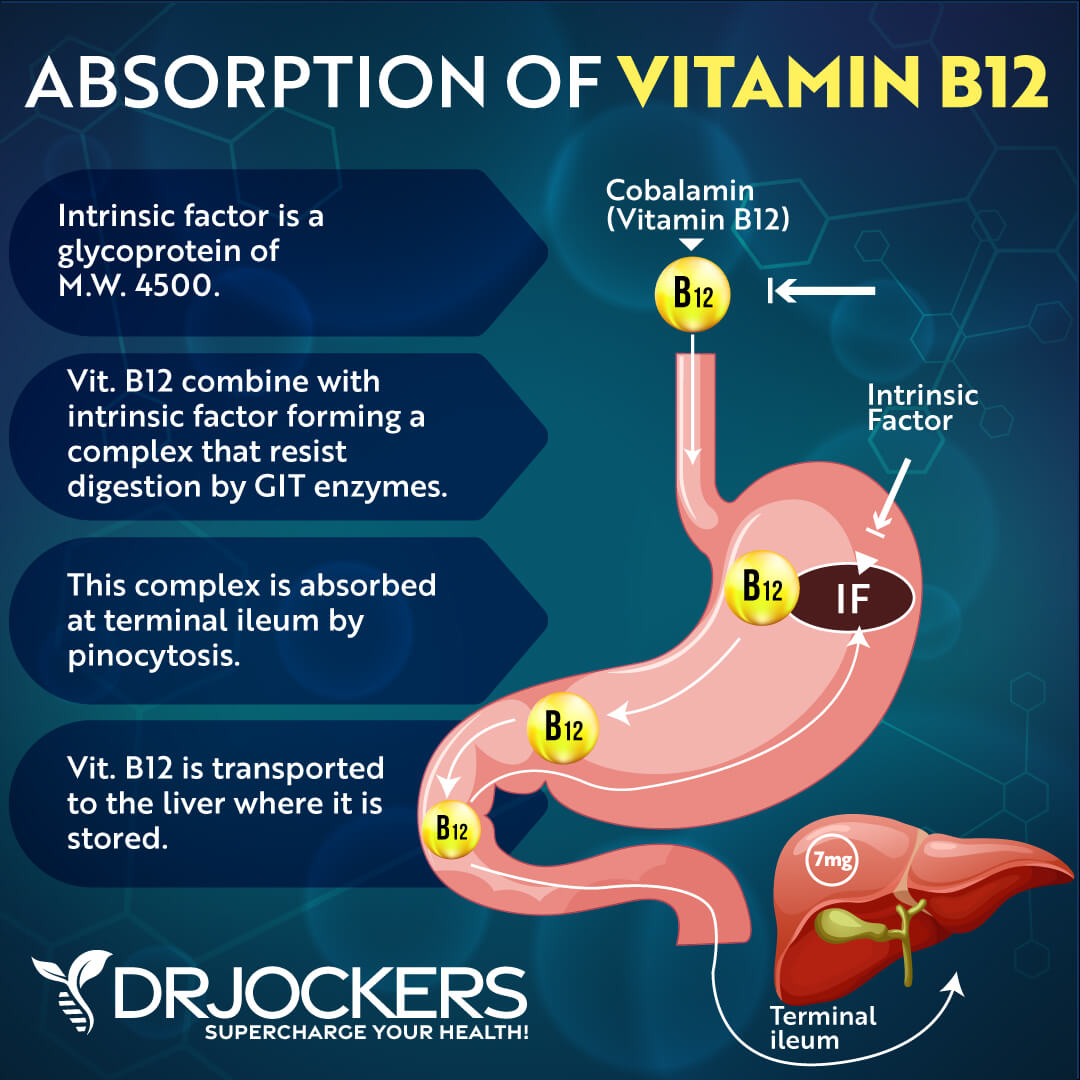
Testing For B12 Deficiency:
There are several different ways you can test for a functional B12 deficiency. Clinical levels are measured off of a plasma level of B12. In functional medicine, we look at functional components of health and measure blood and urinary biomarkers for functional deficiencies of key nutrients such as B12.
Here are several tests I analyze routinely for functional B12 deficiencies.
1. Complete Blood Count (CBC)
This test, when it reveals the red blood cells to be very large, can indicate megaloblastic anemia, which is caused by a B12 and/or folate deficiency (18). This is a simple test that every physician runs but not all physicians are trained to look at functional methylation issues and how they affect the size and development of blood cells.
Health practitioners trained in functional medicine will see slight elevations in MCV, MCH, and MCHC and be suspicious of functional methylation issues. I look at both the blood volume and a blood B12 level on our Comprehensive Blood Analysis test here
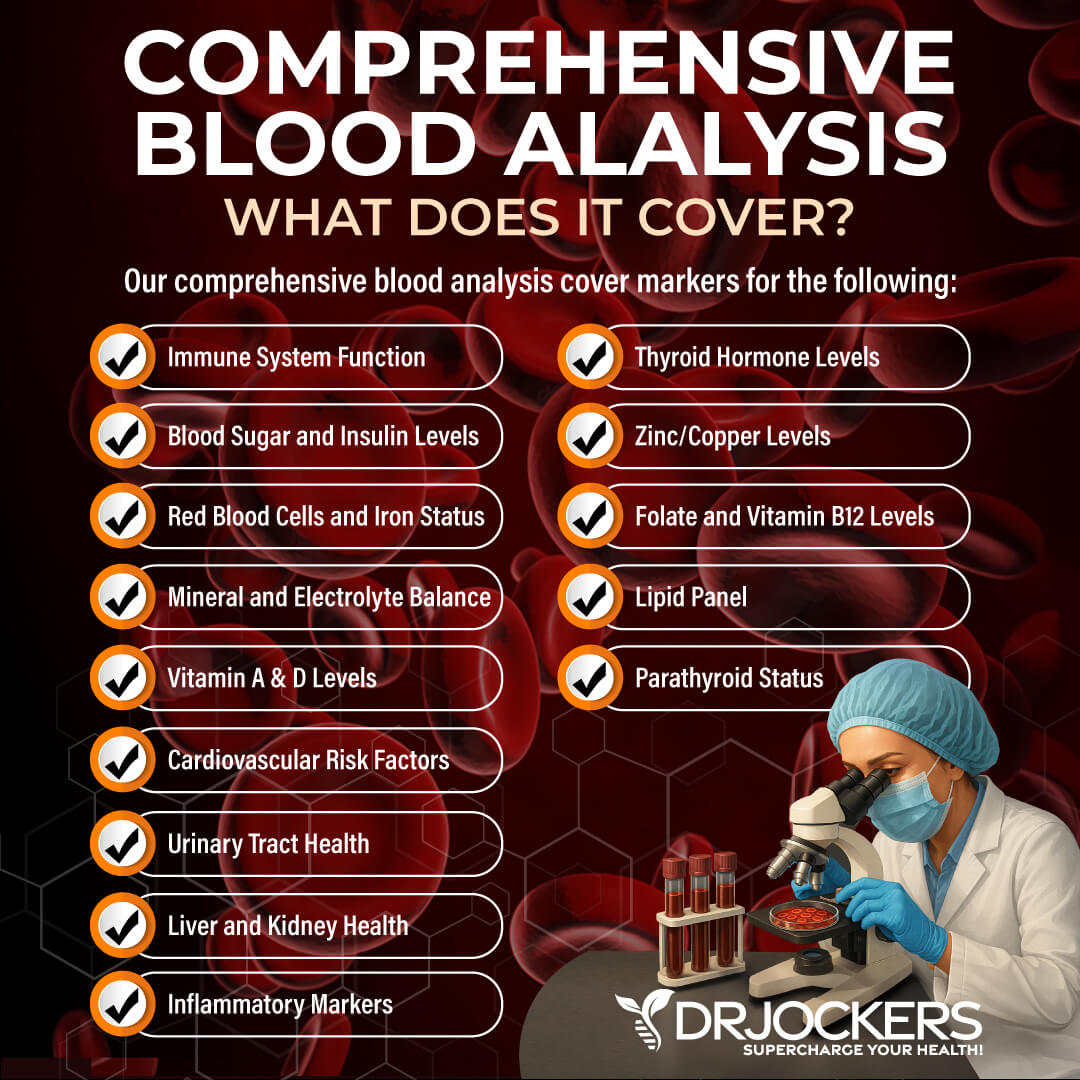
2. Organic Acid Test:
This is a very common test that I use to look at methylation factors, nutrient deficiencies, detox pathways, and neurotransmitter function. Elevations in Methylmalonic acid indicate a functional deficiency in B12 (20).
There are over 70 markers on the organic acids test including vitamins and antioxidants, oxidative stress, energy production, detoxification, neurotransmitter levels, oxalates, and intestinal yeast and bacteria. The test is a simple, non-invasive, at-home urine test that gives a great deal of information. You can find this test here
3. MTHFR Genetic Test
When people have MTHFR gene mutations, in particular a homozygous trait, they require more B12, folate, and B6 for their detoxification pathways and body to function optimally. You can find genetic testing with various companies such as 23andme.com
It’s estimated that those with one mutation (heterozygous) decrease their ability to methylate by 30% and those with two mutations (homozygous) decrease their ability to methylate by 70%, making it virtually impossible to get adequate B12 from diet alone (19).
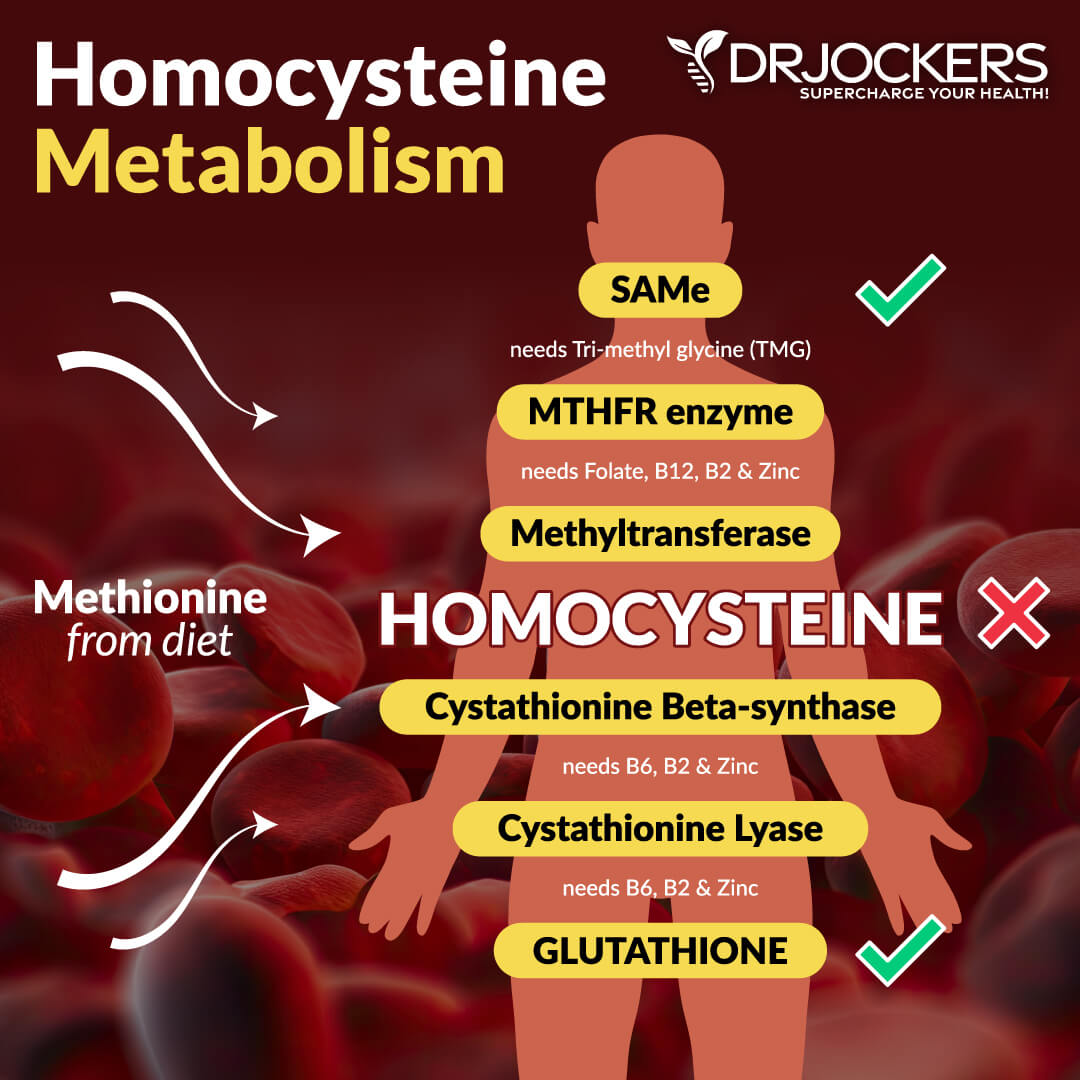
4. Homocysteine test
Homocysteine is a metabolic byproduct of protein metabolism and in particular the metabolism of methionine. Methionine is found in meats, seafood, dairy products, eggs, sesame seeds, and Brazil nuts.
Homocysteine is metabolized through two pathways: remethylation and transsulfuration. Remethylation requires folate and B12 coenzymes while transsulfuration requires pyridoxal-5-phosphate, the B6 coenzyme.
Typically, about 50% of homocysteine is remethylated and the remaining homocysteine is transsulfurated to cysteine. The cysteine that is formed is then used to produce glutathione. Glutathione is a powerful antioxidant that protects cellular components against oxidative stress.
Vitamin B2 and magnesium are involved in homocysteine metabolism. Without proper levels of methylated B6, B12, folate, B2, and magnesium, dangerous levels of homocysteine may build up in the body.
Elevated homocysteine causes excessive clotting which diminishes blood flow to major regions of the body. The lack of blood supply to the heart may cause heart attacks and the lack of blood supply to the brain accelerates the development of dementia and may lead to strokes (3, 4).
Very low or high blood levels of homocysteine can indicate a B12, folate, and/or B6 deficiency (21). Ideal levels are between 6-9 umol/L of homocysteine.
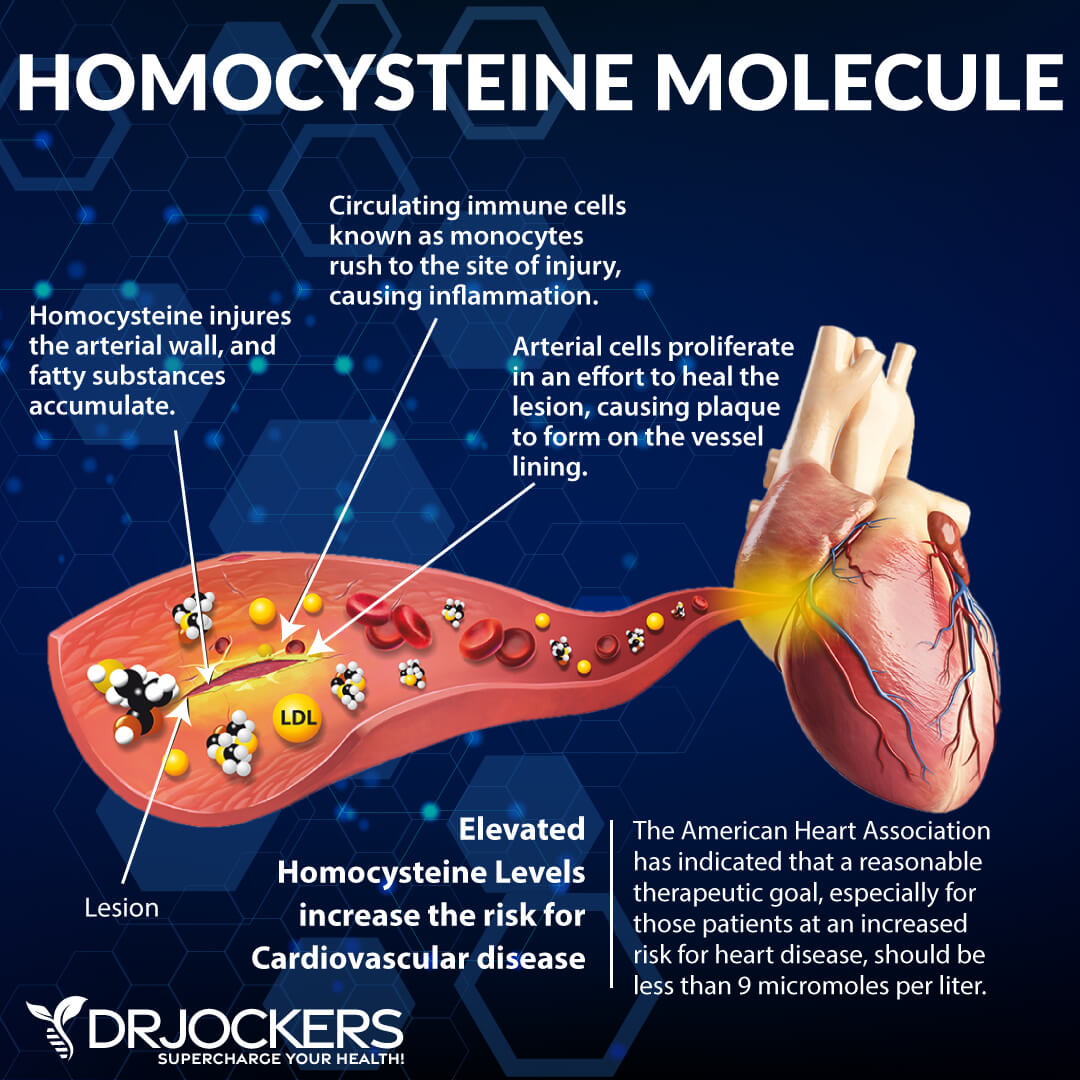
Proper Supplementation is Key:
For many individuals, B12 supplementation is a necessity. This is due to damage to the gastrointestinal system that limits their B12 absorption and genetic polymorphisms that reduce their B12 utilization.
There are several different forms of B12 including cyanocobalamin (Cyano-B12), Methylcobalamin (Methyl B12), Hydroxocobalamin (Hydroxy-B12), and Adenosylcobalamin (Adeno-B12).
1. Cyanocobalamin
This is an unnatural synthetic form of vitamin B12 that is created in a lab. It is the cheapest but most stable form of B12. This form is not easily absorbed, produces a cyanide molecule that must be detoxified by the liver and it requires extra energy from our body for proper metabolism (22).
2. Methylcobalamin
This is the most active form in the human body. It converts homocysteine into methionine, which helps protect the cardiovascular system. Methylcobalamin is easily absorbed by the body and crosses the blood-brain barrier without assistance to protect the brain and neurological cells (23).
Methyl-B12 is the main form that is used within the body. This is the form that contributes to the key methylation groups that are needed for DNA repair, detoxification, and hundreds of other metabolic functions.
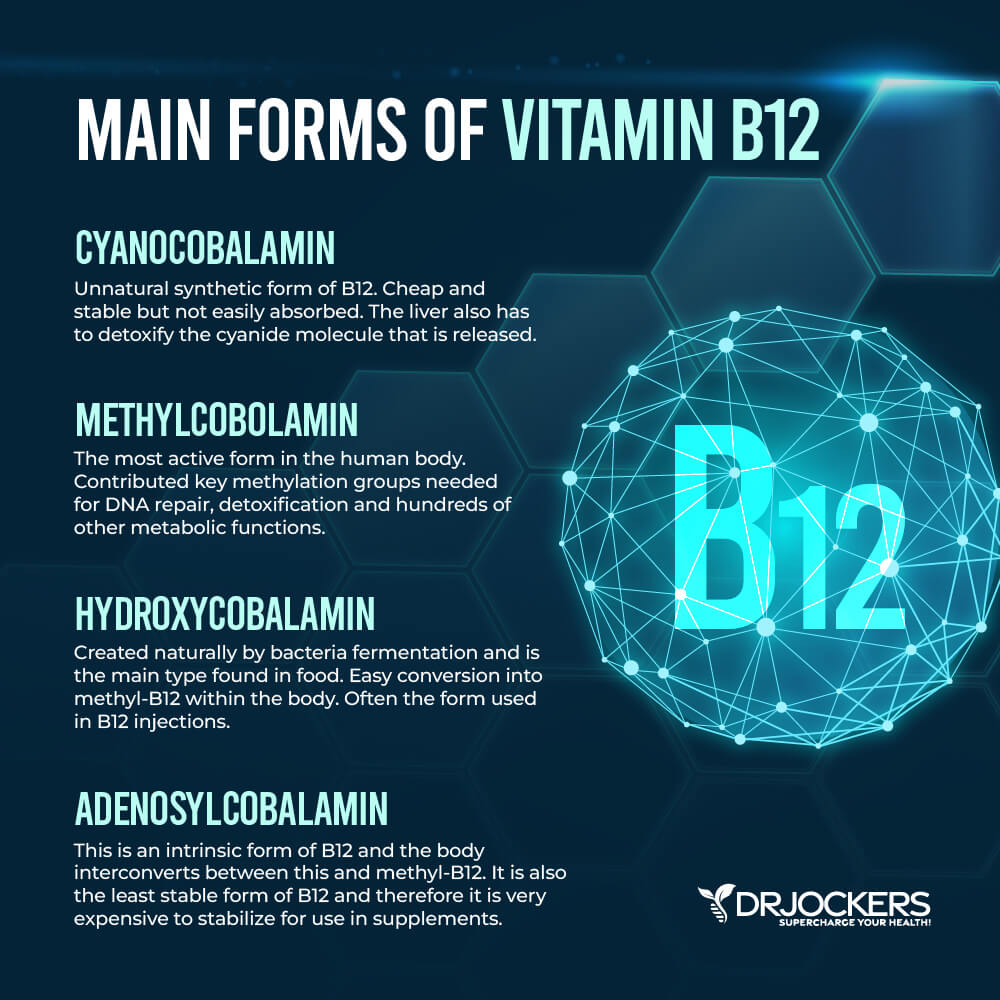
3. Hydroxocobalamin
This form is naturally created by bacteria fermentation and is the main type that is found in food. It is easily converted into methyl-B12 within the body. This is often the form that is used with injections for B12 deficiencies and as a treatment for cyanide poisoning.
4. Adenosylcobalamin
This is the least stable form of B12 outside of the human body and therefore is not recommended in supplement form. It is considered the energy formation form of B12 that naturally occurs within the cells of the body during the biochemical citric acid cycle.
Conclusion:
Methyl-B12 is the most absorbable and easily usable form of B12 (24,25). With the previously mentioned B12 absorption challenges, it is not advisable to use forms that are either unstable (adeno-B12) or forms (cyano) that take more energy to convert into the active methyl-B12.
This is the form that I trust to get results with the clients I consult with after having seen it improve hundreds of pre/post lab tests. B12 Power is a pure form of methyl-B12 and is what I use in my clinical practice. I typically use a dosage of 5mg – 1x per day for 60 days and then retest.
If you want to work with a functional health coach, I recommend this article with tips on how to find a great coach. We do offer long-distance functional health coaching programs with our world class team of health coaches. For further support with your health goals, just reach out and our fantastic coaches are here to support your journey.
Inflammation Crushing Ebundle
The Inflammation Crushing Ebundle is designed to help you improve your brain, liver, immune system and discover the healing strategies, foods and recipes to burn fat, reduce inflammation and Thrive in Life!
As a doctor of natural medicine, I have spent the past 20 years studying the best healing strategies and worked with hundreds of coaching clients, helping them overcome chronic health conditions and optimize their overall health.
In our Inflammation Crushing Ebundle, I have put together my very best strategies to reduce inflammation and optimize your healing potential. Take a look at what you will get inside these valuable guides below!
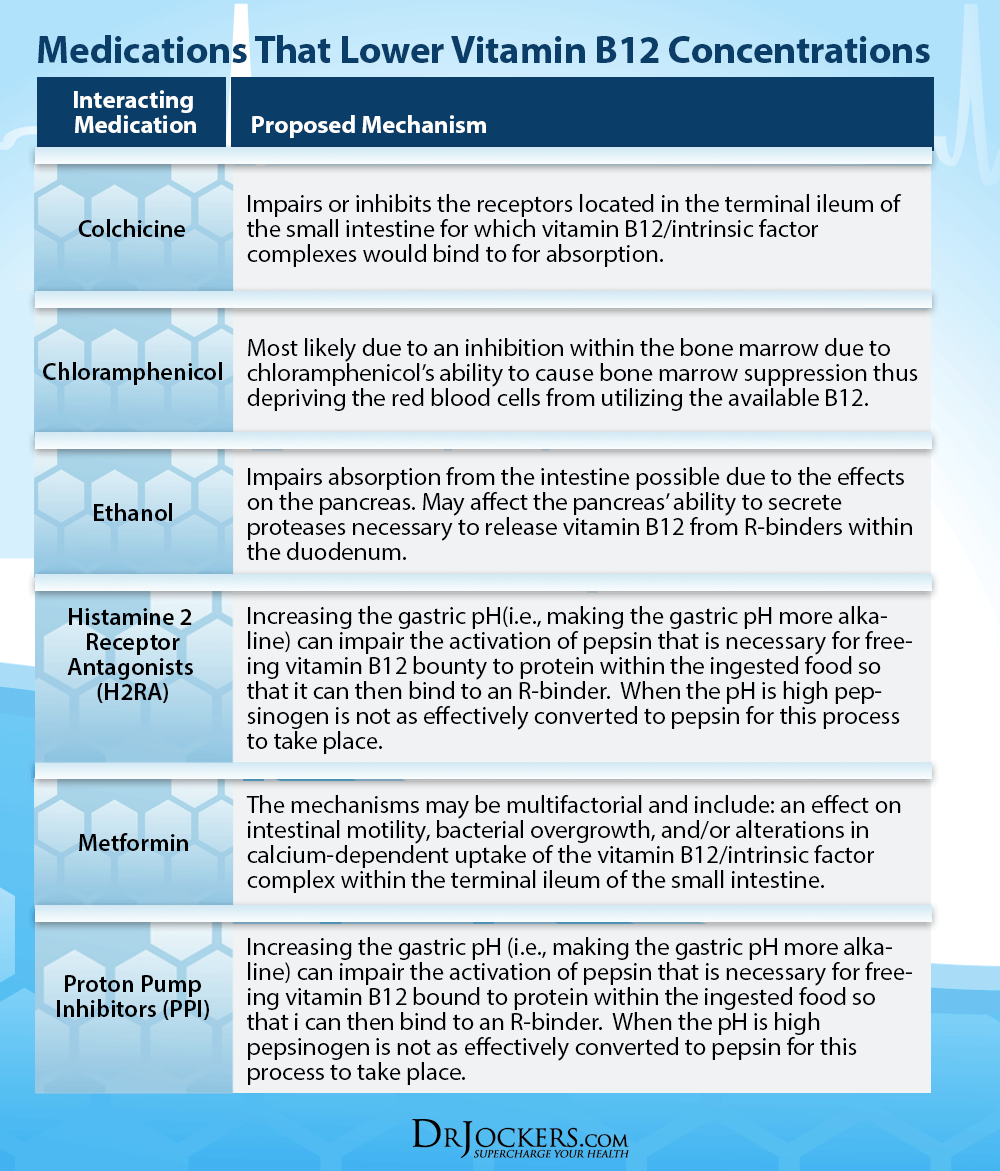

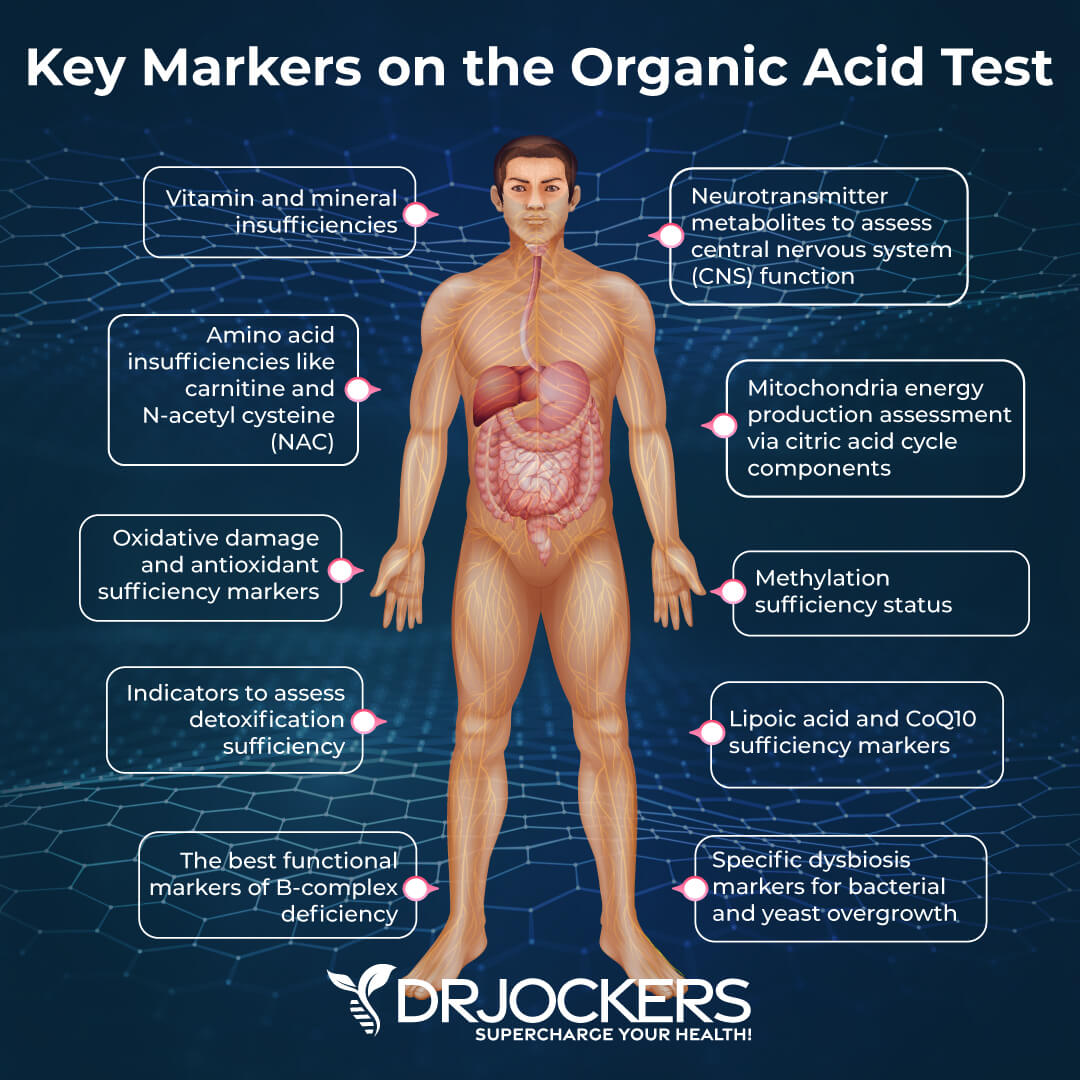






B12 power should include intrinsic factor in it considering article highlighted the great need for it.
B12 power is a sublingual tablet that dissolves into the blood stream without entering the stomach. So there is no need for intrinsic factor and you definitely wouldn’t want to have intrinsic factor dissolving into your blood stream or it would cause problems
Hi Dr.Jockers,
I live in UK, where can I order B12 Power ?
Thank you,
Salomeja Voods
Hey Salomeja! I have one called B Power that has B12 in it that can be found here:
https://store.drjockers.com/products/b-strong
I just found out I have abnormally low homocysteine at 3.7. I also a.m. homozygous for mthfr c677t. My b12 and folate levels came out normal on the test though. Suggestions ?
Are you experiencing any health challenges? Feel free to email michael@drjockers.com for more direct assistance on this!
Some Digestive issues like slow transit time. I cannot digest fats at all, and had to stop taking my Fish Oil capsules this year. I also have Chronic Dry eye which flared up this year. The thing with the eyes is the toughest. I get a lot of burning pain often and redness. If I could digest fats better it would help. I’m going to gastro doc this week to see if maybe something is going on with my gall bladder.
Hey Christina, sorry to hear about this. You may find these articles helpful:
https://drjockers.com/22-symptoms-of-gallbladder-disease/
https://drjockers.com/25-ways-to-improve-gallbladder-health/
When is the best time to take B12? Morning or evening? On an empty stomach?
Thanks.
Hey Kathy, I would reccomend twice daily with or without food!
I had a full blood exam and and an ECG 2 months ago. All markers are good(including B12) but homocysteine was 20.
I’ve had a vegan diet since 2005. I’m 61yo.
I’m keen to address this asap but don’t know where to turn.
I’ve been taking daily Cyanocobalamin for 2 months with only a slight reduction in homocysteine 20 to 19.4 mmol/l.
Maybe start here Phil: https://drjockers.com/homocysteine-levels/
Reach out to michael@drjockers.com if you want to create a more targeted approach on a coaching plan!
57 y/o female. Recent full blood workup revealed low B12, slightly high MCV, elevated homocysteine and high LDL. Ive been vegan for 2 yrs only because I have difficulty digesting animal protein and Im allergic to eggs past 7 yrs… Question: why would taking methyl B12 w/methyl folate and P5P cause someone to experience breathing difficulties (air type hunger… inability to take in a full deep breath)? This is a $25,000 question for me.
Hey Karen, This sounds like a methylation issue. It is possible to experience a detoxification reaction when you strongly stimulate the methylation pathways all of a sudden. Maybe this link will help: https://mthfr.net/preventing-methylfolate-side-effects/2014/11/26/
PS: Forgot to mention my RBCs were also low.
I have a double MTHFR Gene mutation and my Vit B12 levels are so low they don’t even register on the blood test. <88 . I've been taking 1000mcg of Adenosyl/Hydroxy B12 and 5000 mcg of Methyl B12. But my blood test showed no improvement. Still <88. I'm at a loss how to increase my B12 if my body just doesn't absorb it? Can you help?
Hey Hope, you may need a liposomal form in the meantime which can be found online. In the meantime, you likely need to work on improving your digestion: https://drjockers.com/10-ways-improve-stomach-acid-levels/
Does glutathione cause vit B12 deficienc???
Hi Sabrina, The opposite can occur. B12 deficiency can lead to low levels of glutathione.
I’ve been recently diagnosed Homozygous MTHFR c.665CT>T variant in the MTHFR gene.
My B12 levels are really high at 1398 but my homocysteine level is 6.5
My DHEAs are quote low at 1.8.
I often feel tired/brain fog and have thinning hair.
Not sure how to improve all of the above?
Hi Jennifer, I am very sorry to hear this. I would recommend that you work with a functional health practitioner that will customize a specific plan that fits your health goals. This article can help: https://drjockers.com/functional-nutrition-tips-to-find-a-great-health-coach/
How would I know if I have a B12 deficiency? Is a blood test required?
Yes I discuss that in the article. You can get your serum B12 tested and your homocysteine levels together in our blood panel here: https://drjockers.com/comprehensive-blood-analysis/
I have had my gall bladder removed and would like to know how to get proper bile for digestion. And would like to know how much B12 you would recommend. I also have ADHD. Some vit B’s seem to work better.
Yes here is a helpful article Dusty: https://drjockers.com/no-gallbladder-strategies/
My b12 is at 192. So I should take the B12 power once every day? Or should I be getting injections like some friends have suggested? I highly value your opinion as I don’t trust my local doctor.
Yes, I would recommend taking the B12 Power – 1 capsule in morning upon rising and 1 cap around mid-day or early afternoon (away from food). Retest in 60 days!
Yes I would recommend taking B12 Power once per day for 30 days and retest to make sure it is improving. It should go up substantially and be over 600 in 30 days on this regimen.
I have been receiving B12 injections for over a year, lacking the intrinsic factor. What are your thoughts on B12 shots? Thank you.
Hi and thank you for this pp presentation. The DNA Company told me to take sublingual B12, which they used to sell. It was in the form of adenosylcobalamin, which I think your presentation stated was unstable and expensive. Perhaps the recommendation is because I have a deletion of a detox gene, and don’t have the enzymes to metabolize toxins, estrogen, pesticides, smoke or mold. This deletion affects the microbiome also. What sort of B12 would you recommend? Thank you again.
I have MTHFR 677 and 1298. I currently take methylated Bcomplex in a capsule and a dropper of methylated B12 with Folate later in the day. Is there a product that contains all the B vitamins in the dropper/sublingual form? Thanks
MTHFR positive- should we take methylated b vitamins daily permanently or should a break be done often? Also is the bottle suggested dose good for a daily dose of your products ?